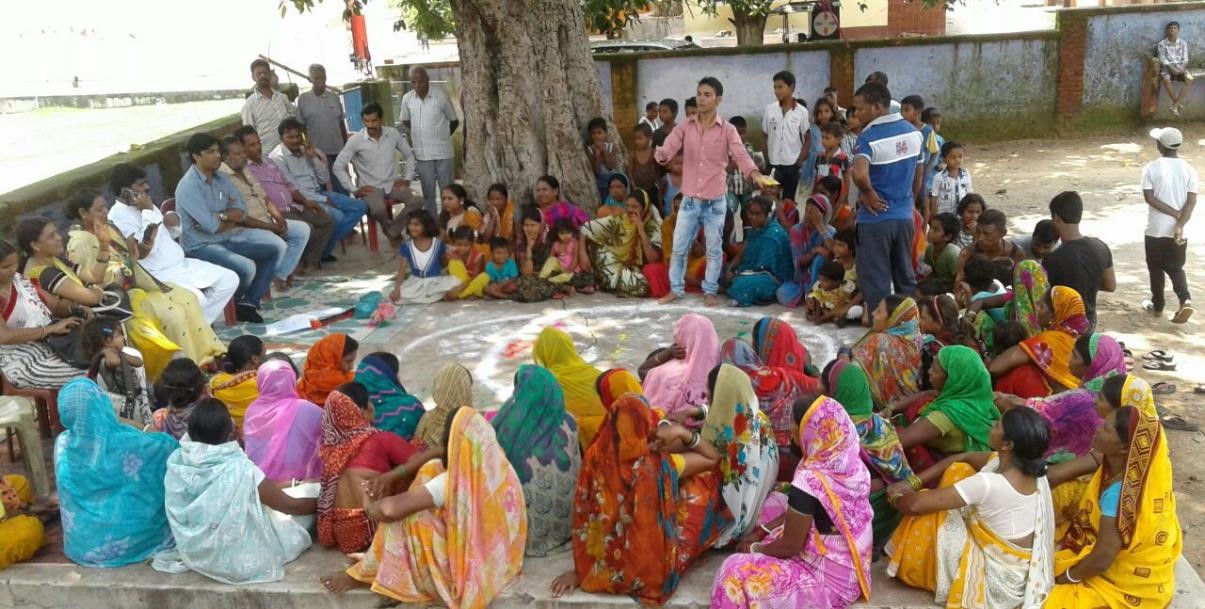The NGO Pratham has been able to reach 1.6 lakh communities in this country, as part of their programme ‘ lakhon mein ek’. The programme aims at assessing levels of education in communities, to generate ‘demand’ for education. This differs from their more famous ‘ACER’ ( Annual Survey of Education Report) survey, where they conduct surveys in schools. The proactive involvement of parents and communities, showing them ‘aaina’ ( mirror) of the education levels of their children is a very welcome step.
There are many lessons from this initiative. The first lesson is that an NGO can reach out and contribute to change ‘on scale’. It is generally believed that an NGO is able to work only in small pilots, and not able to demonstrate scalable models. However, in this initiative Pratham has reached out to very substantial population – almost all States (including J and K), and also in slums.
The model employed by Pratham was to engage ‘volunteers’ – from colleges in that area, and also from within the community where they reached out. With the support of these volunteers, small teams comprising 5-15 people in each State were able to reach out to thousands of villages! The teams also took help of administration and other NGOs. In Tamil Nadu, for example, the Pratham team collaborated with 67 other NGOs to reach out. In short, the States’ teams used their own strategies and opportunities to reach out to maximum number of communities. And all this was done in less than three months ! Some States had as little as a month to do so.
The response of communities was overwhelming. Many in the communities came forward to volunteer. And children were very happy that someone had come to teach them.
The second lesson is therefore, that if there is dedication, focus of purpose, and openness to collaborate, (physical) reaching out to far-fetched areas is possible. And possible in short periods of time.
A third important lesson is value of voluntarism in any noble work. Programmatic and systemic value of institutions is important, but so is theunparallel spirit of voluntarism.
The fourth lesson is importance of ‘participation of people’ in issues that concern them. Creating ‘demand’ for ‘good education’ is a very good strategic intervention. People in villages and slums alike, cherish the dream of good education for their children – since they ( rightly) believe that education can pull them up the development and social ladder. And therefore, making parents aware of the actual standards of education is an empowering tool for change. Parents can also be effective partners for this change. A mother in a far flung village suggested to Pratham volunteers to include ‘fraction’ in their worksheets. She disclosed she was herself educated up to 8th standard, and can teach her child ( and others).
The fifth lesson is existing demand/desire for good service in the communities. If the service is good and genuine, there are many takers.
The initiative has lessons for all social programmes, including Swachh Bharat. We have four years to reach out, which is enough! As opposed to education, demand for sanitation may be less; or may not be. We will have to find out once we reach out !
